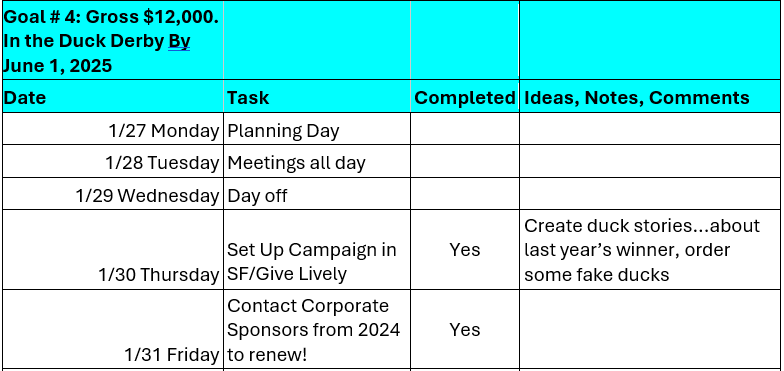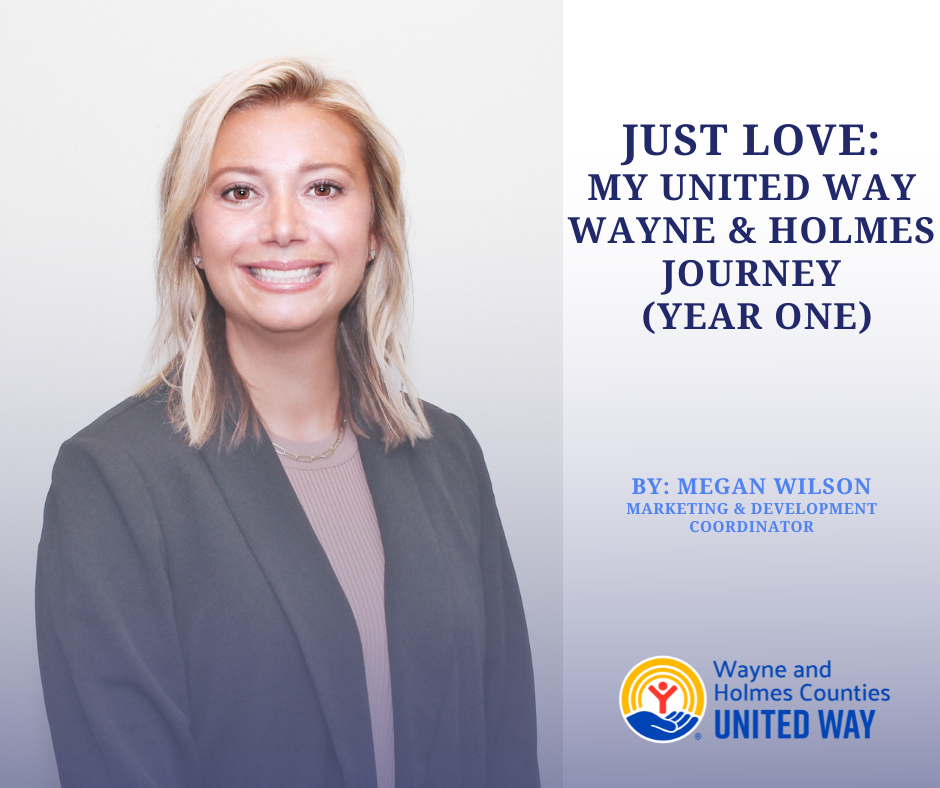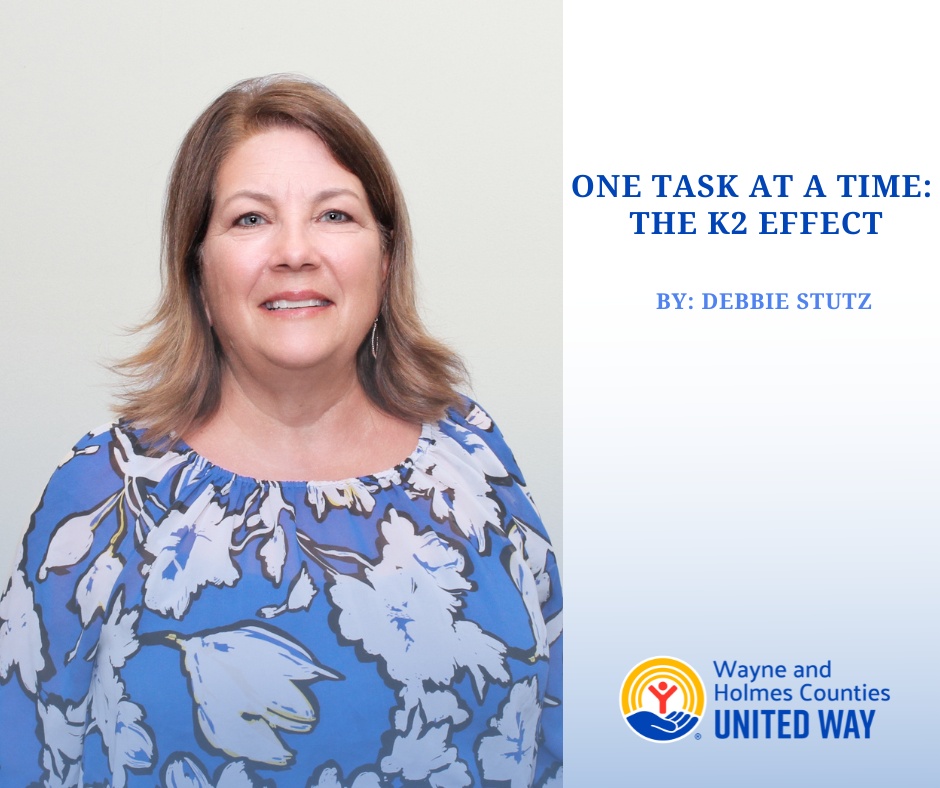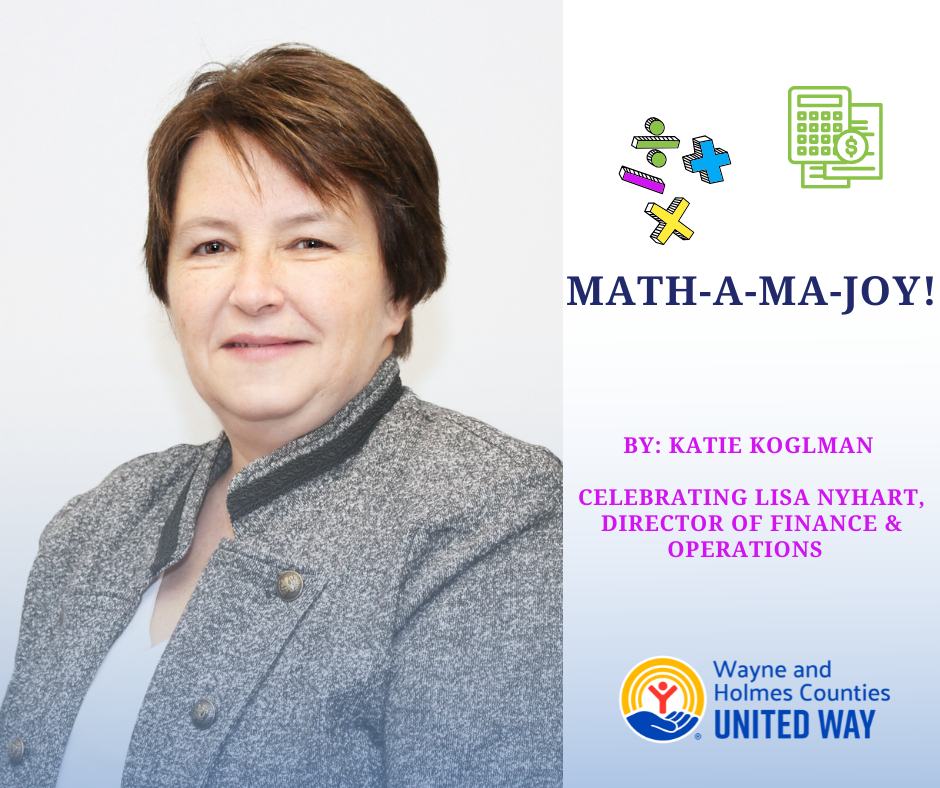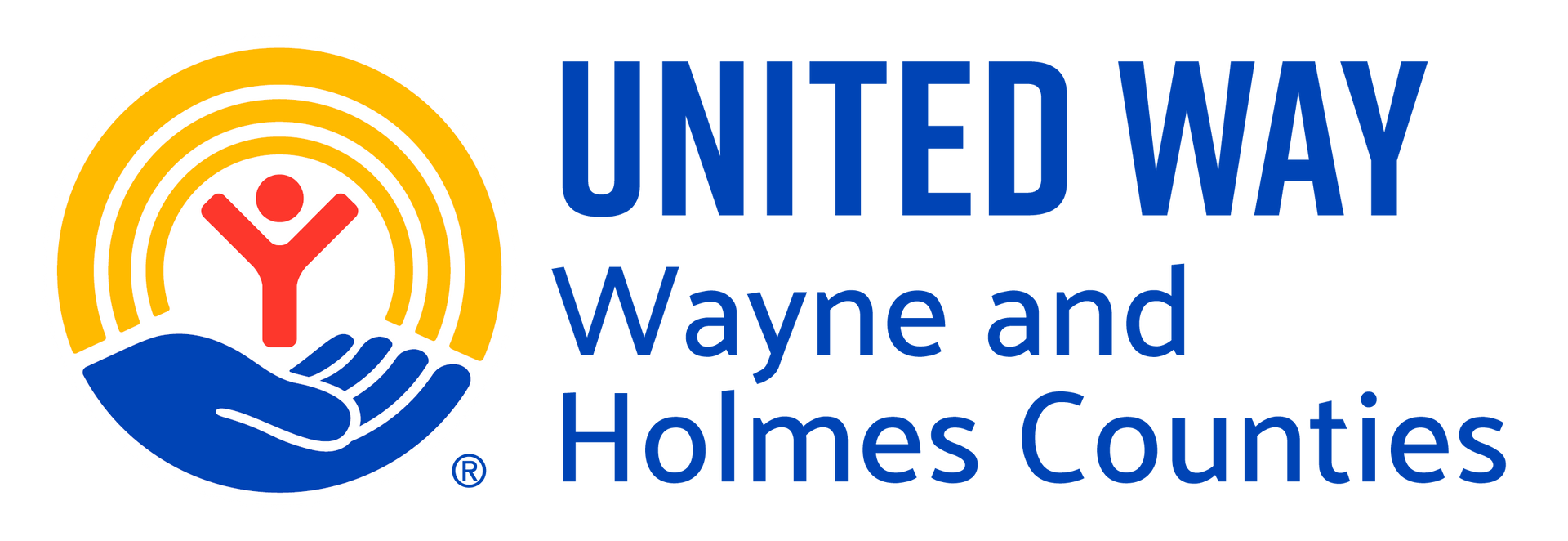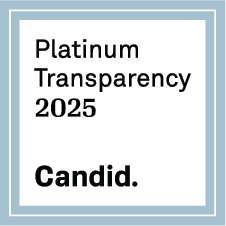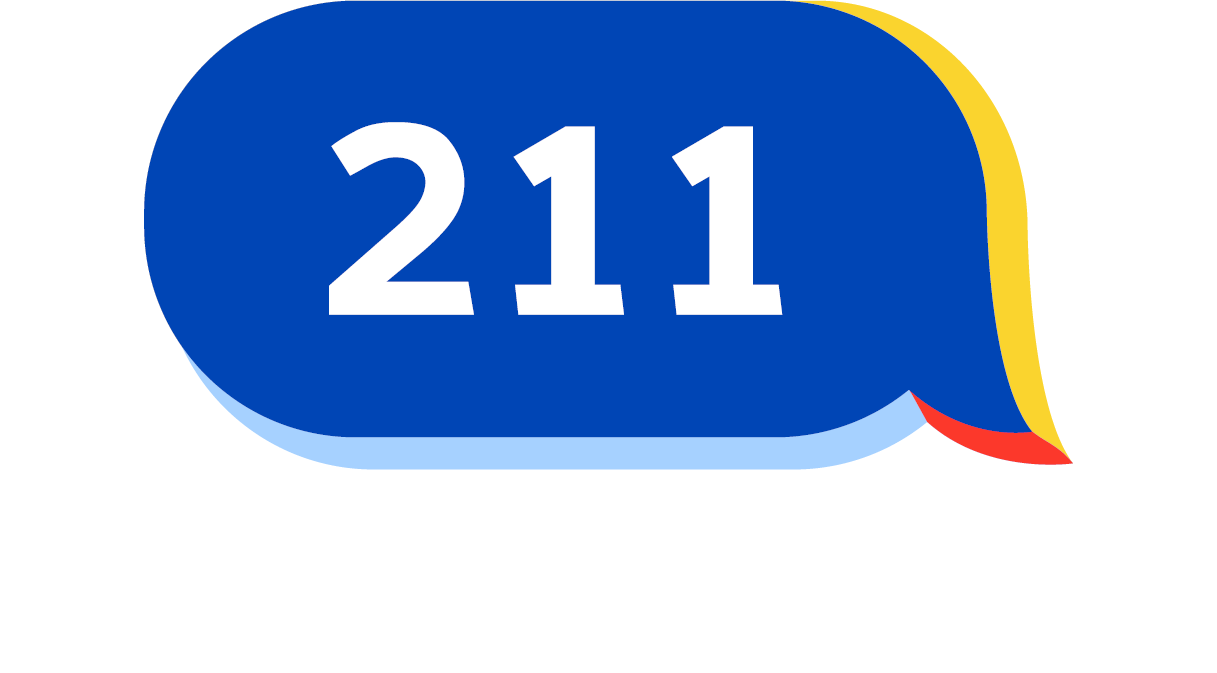From Setbacks to Success
From Setbacks to Success: My Goal Setting Journey, Part 1.
Author: Katie Koglman
It’s 2025, and I am coming off a year that fell short of my fundraising goals. Personally, this is very disappointing – because I like to win. Professionally, it ignites a fire in me to be better next year. There were many factors that contributed to the decline in fundraising revenue; death, economic uncertainty, and some high dollar “not this year” answers from otherwise faithful corporate donors.
As I reflect on my own involvement, I question my role in the defeat. Did I ask enough? Did I stay focused? Can I say, I did everything in my power? The honest answer is no. I did A LOT, but I did not do everything in my power. Early in 2024, I set goals, and I stayed focused and on track until about May …then I got lazy in tracking and measuring my goals.
I will not let that happen in 2025, and I will be accountable to you. I will update you on my goal progress in June 2025 and December 2025!
I use a goal framework based partly on the book The 12 Week Year by Brian P. Moran. Not exactly how he does it, but a hybrid for sure. I start with a list of 30 things that I want in the coming year. This list of 30 is a combination of a brain dump and visioning exercises that I do annually. I write them all down and revisit them daily. This helps me clarify – turning dreams into reality with action items. The list is a combination of personal and professional items, like:
1. I want to hit 100% of our fundraising goal.
2. I want to gross $12,000 on the Wacky, Quacky Duck Derby.
3. I want to build a great bond with my granddaughter.
4. I want to retire in 10 years.
5. I want to continue to grow relationships in Holmes County and the four corners of Wayne County.
And 25 more things that I want. This helps you turn what you want into actionable SMART goals. A SMART goal is:
Specific: Your goals should be clear and well-defined. Avoid vague or general statements. Instead of saying “I want to continue to grow relationships in Holmes County” say “I want to meet at least 12 new contacts in Holmes County” or “I want to attend an event weekly in Holmes County”
Measurable: How will you track your progress? Set quantifiable targets that allow you to monitor your achievements.
Achievable: Set challenging but realistic goals. Avoid setting yourself up for failure by aiming too high. Break down large goals into smaller, more manageable steps.
Relevant: Ensure your goals align with personal or organizational mission
Time-bound: Set deadlines for your goals.
Now this is where I use items from the 12-week year: I look at my list of 30 and decide which 3-5 to focus on for the next 12 weeks and set up my actionable plan. I will use the Wacky, Quacky Duck Derby goal as an example and show you what my plan looks like. By increasing the amount of money we raise on the duck derby, this also grows our overall market share of donors.
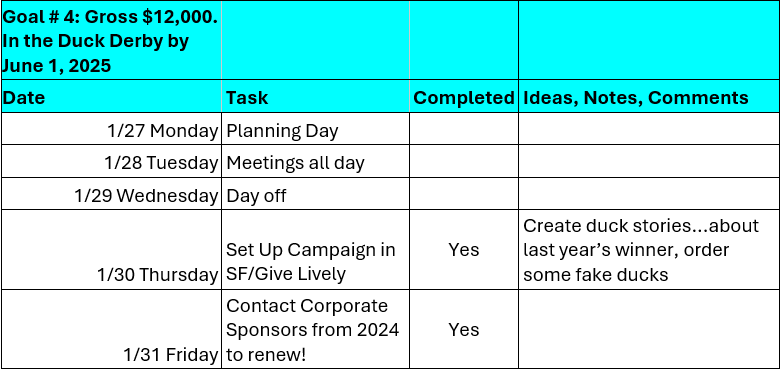
Weekly, I look at the goal and create tasks for that week, then report on my progress at our weekly staff meetings. On Fridays, I update the next week’s task plan, sometimes based on my schedule, and what I have time to accomplish. It is vital that you have someone who you are accountable to with your goals. At the staff meeting, we report where we are on the goal, what we are behind on and where do we need help. This is a great way to stay on track.
Now, with you as a new accountability partner, let’s see if I can achieve this goal! Join me on this journey! Comment with one of your goals for the upcoming next 12 weeks. Stay tuned for Part 2 – I will update you on my progress and I want to hear how you have been staying on track too!
You can subscribe to our newsletter here: https://www.uwwh.org/get-to-know-us
